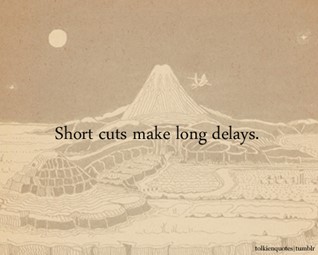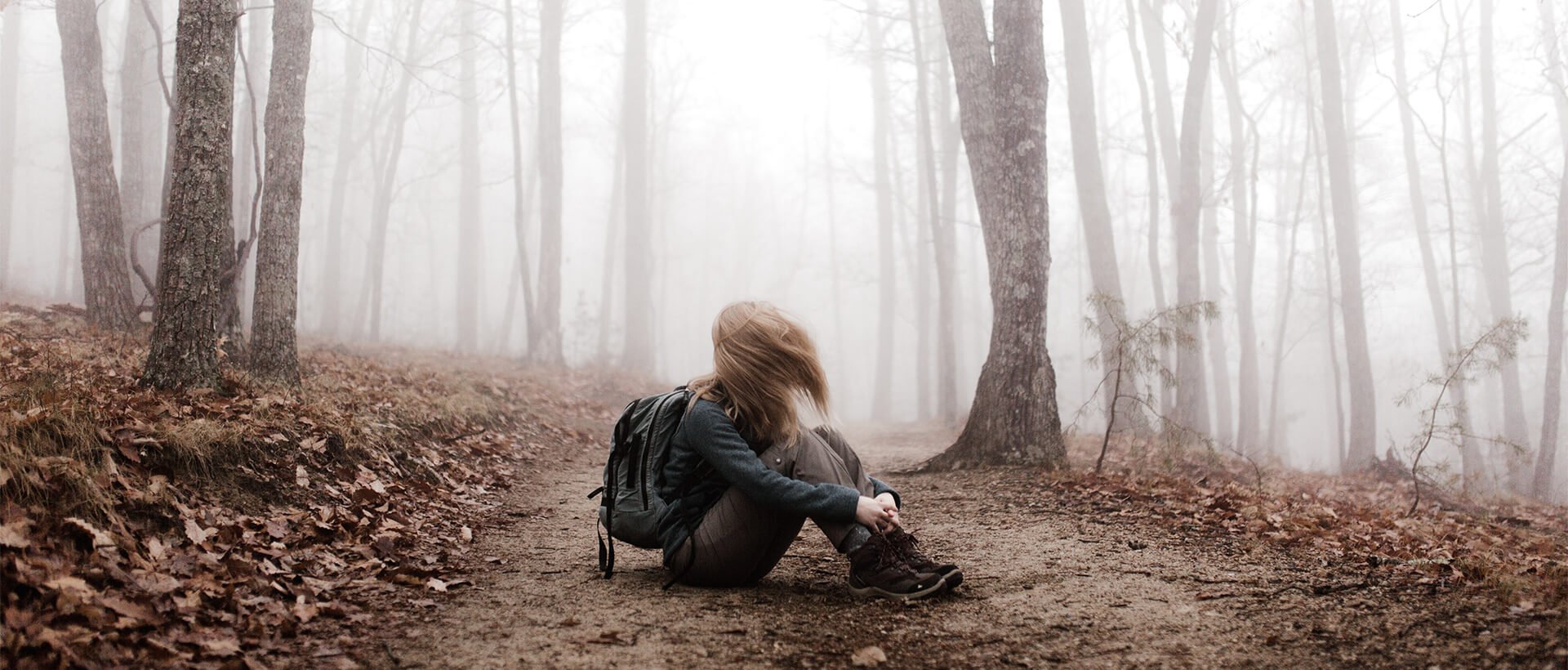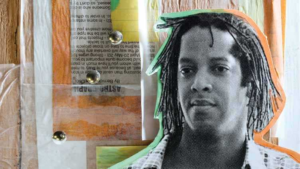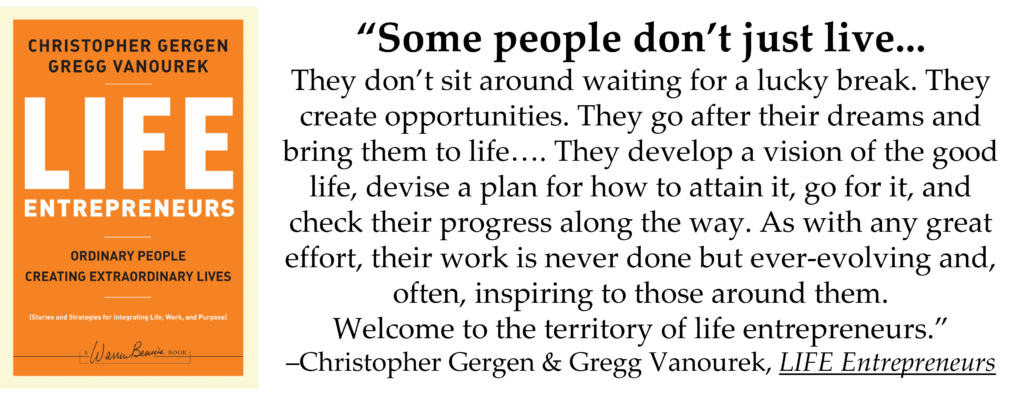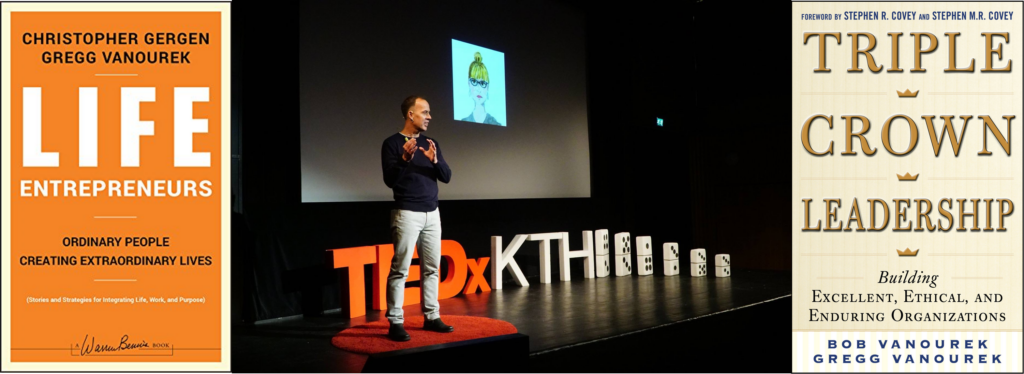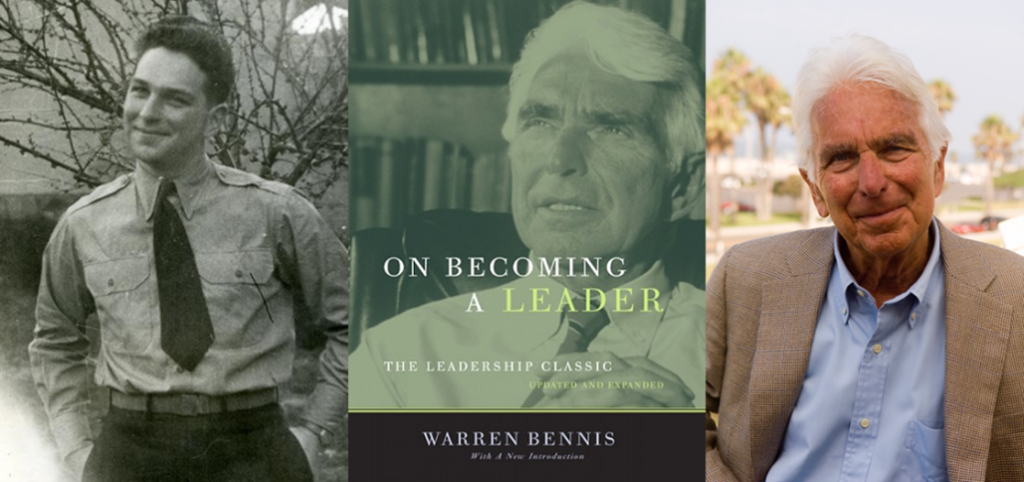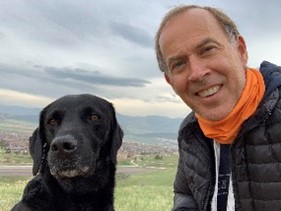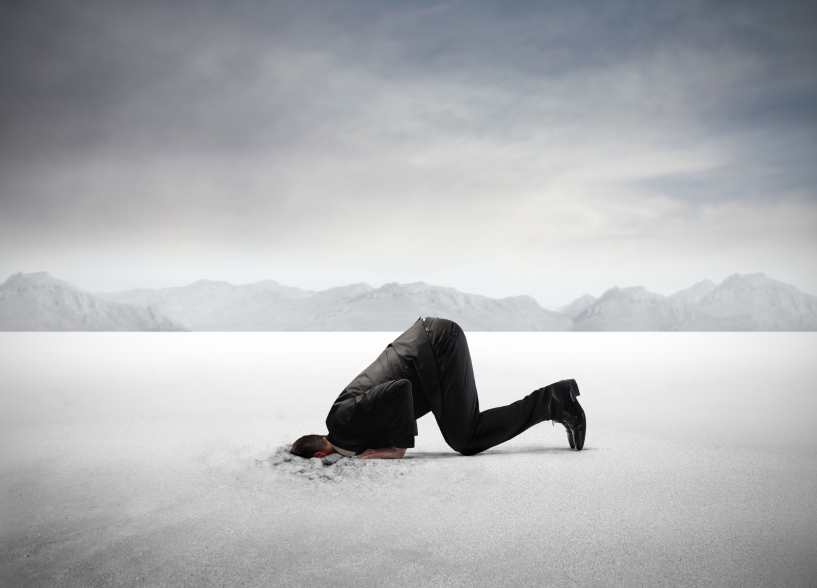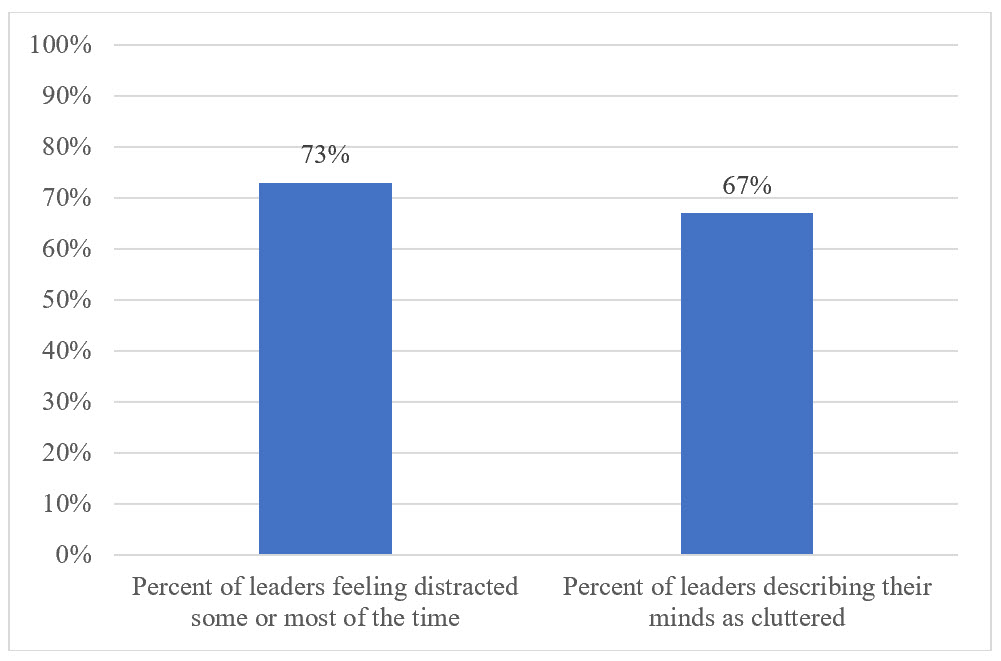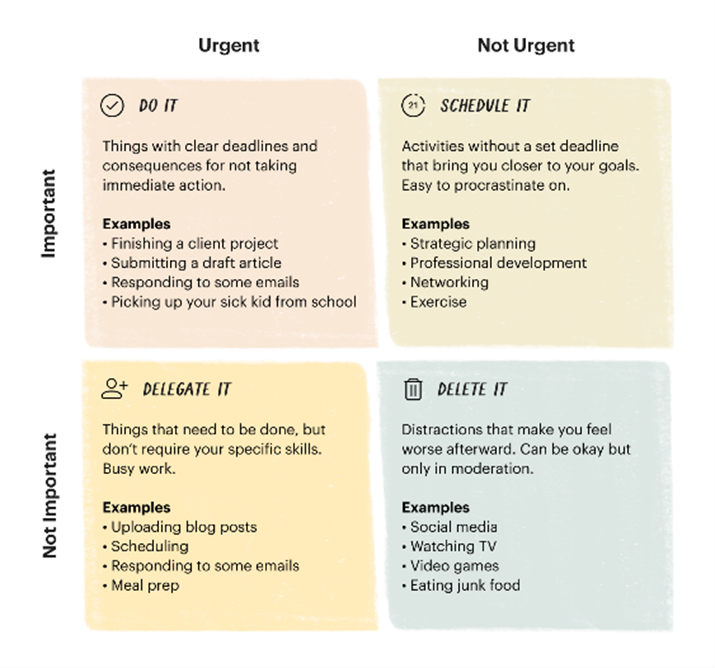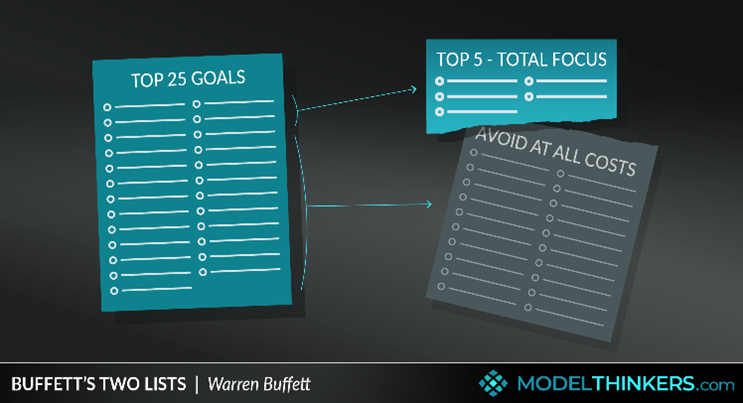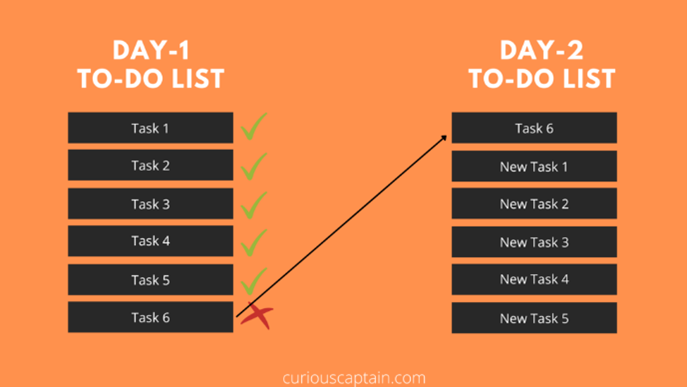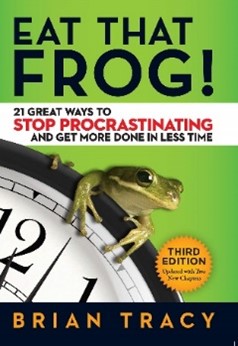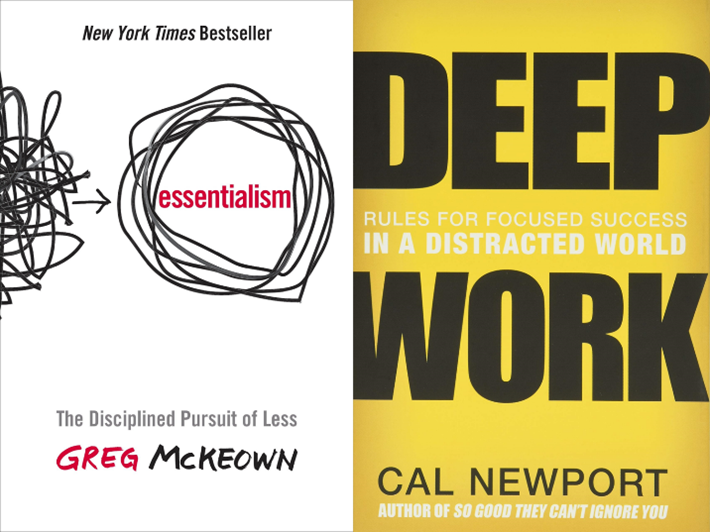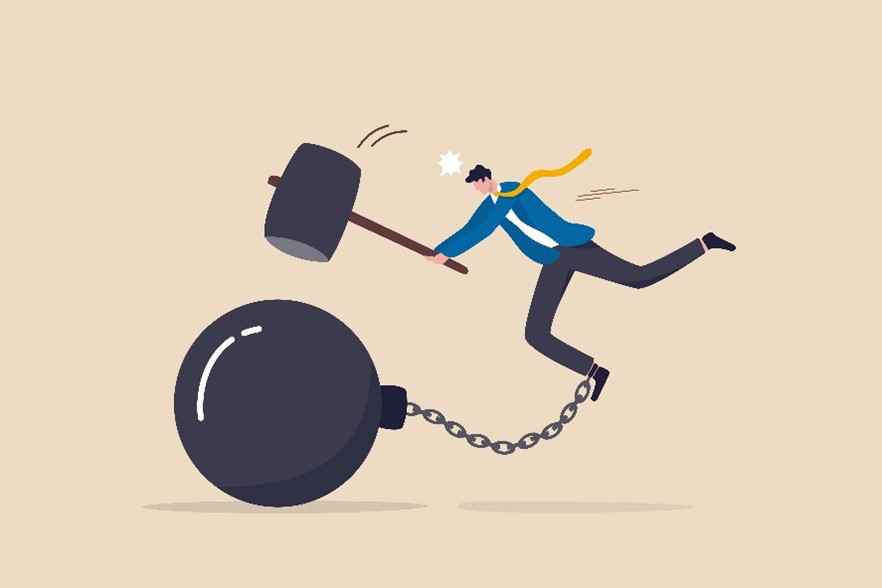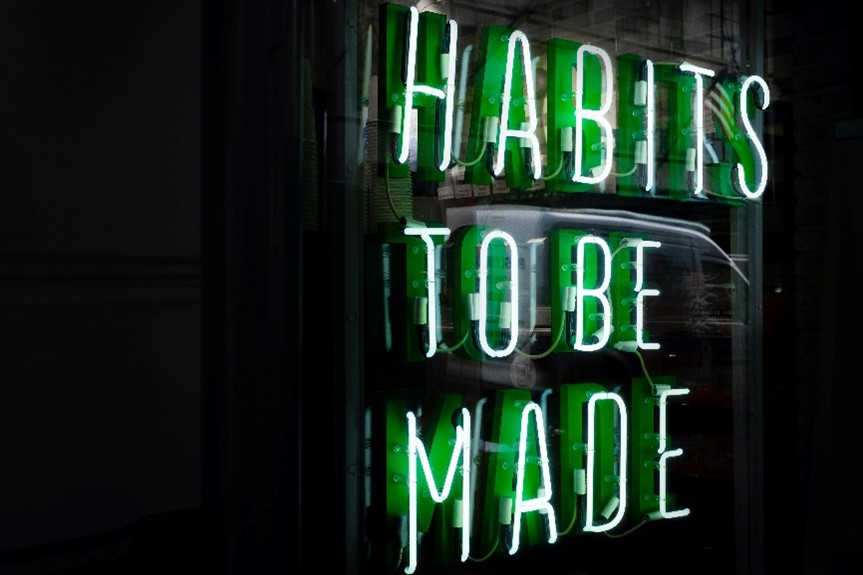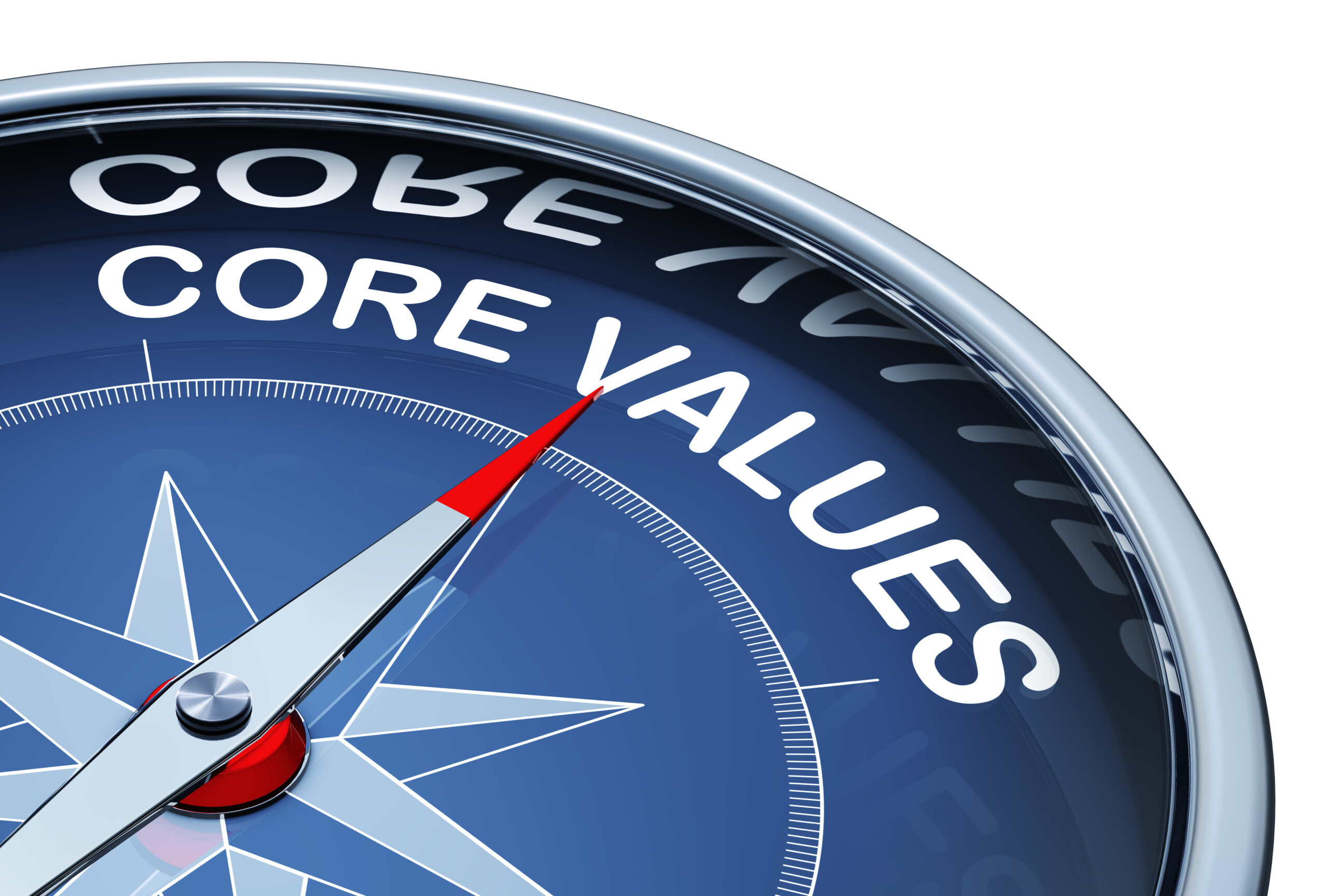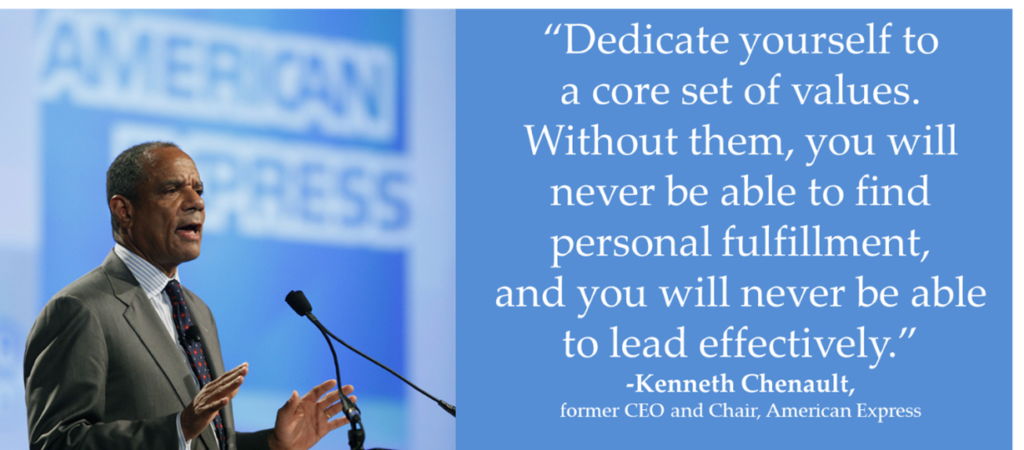Article Summary:
These days, we’re under a lot of pressure to move quickly, so it can be tempting to take shortcuts. But that can be a big mistake.
+++
These days, we’re under a lot of pressure to move quickly. Things are changing rapidly, so it’s tempting to jump on the fast track. Or try for a quick fix.
Facebook’s motto from a few years ago captured it well:
“Move fast and break things.”
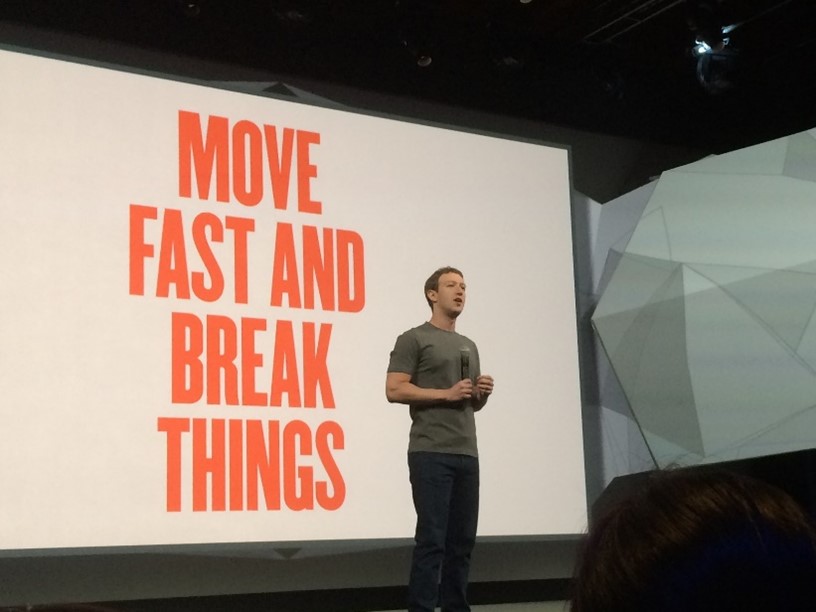
In today’s culture, people expect quick results. We live in an age of instant gratification. We’re used to swiping, and our attention span is shrinking rapidly to the duration of a TikTok reel.
It can be tempting to seek the easy way, the path of least resistance. People are looking for life hacks, time hacks, relationship hacks, and more.
Actually, it’s been going on for a while, but the time horizon keeps shrinking. The shortcuts are getting shorter.
“I want it all, I want it all, I want it all, and I want it now.”
-Queen lyrics from their song, “I Want It All”
Types of Shortcuts
There are different kinds of shortcuts that are prevalent these days. For example, there are:
Health Shortcuts
It can be tempting to rely too much on pills and medications and neglect focusing on a healthy lifestyle with good and regular sleep, nutrition, exercise/movement, and self-care.
Ethical Shortcuts
We see people taking ethical shortcuts in many domains, including business, government, and sports. Think Bernie Madoff, Nixon, and Lance Armstrong. It doesn’t help that our brains are so good at rationalizing questionable behavior. I recall being the co-captain of a school soccer team and catching a player cutting corners on the team’s “Cooper test,” which required that all players run two miles through the campus in 12 minutes to be eligible to play on the varsity squad. It led to painful consequences for the player and the team.
“It takes twenty years to build a reputation and five minutes to ruin it.”
-Warren Buffett, investor
Financial Shortcuts
Financial shortcuts are tempting, especially given all the financial pressures many of us face. We see these temptations at the individual level with “get rich quick” schemes and speculative “opportunities.” We also see it at the organizational level (think Enron) and even the industry level (think subprime mortgages) and country level (think about the Russian laundering and Malaysian embezzlement schemes).
Quality Shortcuts
It’s often a bad idea to take quality shortcuts, especially when it comes to things like health and safety, hiring, risk assessment, and customer service, as these shortcuts can come back to bite us. Just think of all the airplane and automobile disasters and recalls.
Educational Shortcuts
The temptations are great in schools too, from relying on Cliffs Notes summaries instead of the actual book to outright cheating. We also see it at the institutional level, with universities trying to game the rankings systems with tricks and techniques instead of the actual hard work of improving the educational experience for students.
Relationship Shortcuts
It can even be tempting to take shortcuts in relationships, especially given how uncomfortable many people are with being alone. When we first meet someone, we can hit the “fast forward” button and leap to overly optimistic assumptions about compatibility and fit based on things like chemistry, looks, attraction, status, and common interests. We can fool ourselves into believing this person is “the one.” By skipping the discovery phase of learning about each other’s story, core values, needs, issues, and aspirations we can invite real trouble down the road.
Spiritual Shortcuts
There are even spiritual shortcuts we can struggle with. A common case in point: cheating on our time in prayer or contemplation as we get busy with the affairs of the world and preoccupied with our own status in it.
Jack Kornfield, a renowned Buddhist meditation teacher and author, warns about what he calls a “spiritual bypass.” He explains that if we have a solid spiritual practice (like meditation or prayer), or if we’ve had deep spiritual or transcendental experiences, we can falsely believe that we’re essentially done with our spiritual journey and its inner work. But then life tends to intervene with a challenge with our spouse, partner, children, or work, sometimes aggravating old wounds. In such cases, it’s easy to fall back into destructive behavior patterns and have to face the realization that we’re not fully whole or healed or okay, that we still have work to do. (See this short video with Jack Kornfield talking about the “spiritual bypass” problem.)
“Certain meditation can bring tremendous benefits to us.
But it’s also possible to use meditation as a spiritual bypass,
so that we can escape our difficulties by finding some peace and calm.
But later on—at work, with family, or in relationships—
old patterns and ways that we get caught up in begin to show themselves.”
-Jack Kornfield
Entrepreneurship Shortcuts
Given the speed that many startups need to operate with, with their search for a viable business model before they run out of cash, there are many temptations to take shortcuts in Startup Land. For example, entrepreneur and author Steve Blank warns about “organizational debt”: “all the people/culture compromises made to ‘just get it done’ in the early stages of a startup,” because things are so frenzied and chaotic.
He explains it by comparing it to “technical debt,” which is the accumulation of programming shortcuts made in haste by coders when time is short. Their shoddy code must eventually be refactored and cleaned up before it causes too many problems for customers or even brings the whole tech platform down. Blank notes that organizational debt is just like that but on the people side, when the startup skimps on things like onboarding, training, job descriptions, compensation, pay scales, HR budgets, communications, and more. Entrepreneurs may get away with it for a while, but such organizational debt, he says, “can turn a growing company into a chaotic nightmare” or even kill it.
In startups, given their unique context of extreme time pressure, resource constrains, uncertainty, and chaos, there’s also a temptation to take ethical shortcuts.
“Within entrepreneurial cultures, there’s often a feeling that
it’s OK to ignore or bend some regulation.
Sometimes regulations are legitimately outdated
or potentially too restrictive to let innovation flourish.
But the challenge for entrepreneurs is that
the line between appropriate and illicit is often quite murky.”
-Eugene Soltes, Harvard Business School Professor
++++++
Clearly, there are many types of shortcuts—and many situations in which we’re tempted to take them.
So why do we take shortcuts, given their risks and downsides? We’ve already noted the cultural and organizational influences above, but we also take shortcuts when we’re in the grips of our ego or pride, or greed or ambition, or a desire for fame or glory.
Sometimes it works out. We can get lucky and get rich quick. Or succeed anyway despite skipping steps.
But many times, it doesn’t work out at all.
The Consequences of Shortcuts
“Short cuts make long delays.”
(Pippin warning Frodo in J.R.R. Tolkien’s, The Fellowship of the Ring)
Taking shortcuts can have grievous consequences: things like reputational damage, financial ruin, injury, or even death.
Plus, when we take shortcuts, we miss the learning and growth associated with the toil of the normal route. We miss the wisdom and character-building that can come from experience and setbacks, from having to re-evaluate or push through. And we can feel a deep sense of regret for the poor choices we made.
Entrepreneur and author Rajesh Setty notes that it’s “easy to miss that the ’real cost’ of taking a shortcut is way higher than the ’perceived cost’ of taking one,” and that the “real cost” of a shortcut is “the loss of an opportunity to become better for the future. If it is too good to be true, it probably is.”
Writer Thomas Oppong recommends avoiding shortcuts and taking “long cuts” instead, which he describes as “long-term and consistent routines, habits, behaviors, principles, and rules that help us become better versions of ourselves.” Such long cuts are things like longstanding habits of saving, investing, and healthy living.
Conclusion
Of course, avoiding shortcuts doesn’t mean being a slowpoke. It doesn’t mean being stubborn or foolish.
If there are genuine ways to save time and be more efficient, great. For example, we can often accelerate our move up the learning curve with a task or challenge by working with a mentor or coach and being open to learning from others, including small groups, so that we don’t waste time “reinventing the wheel.”
That’s all well and good. But we should be wary of the too-good-to-be-true shortcuts that can harm us, our relationships, and our future. In our age of speed and pressure, we should be thoughtful about which road to take.
“Slow and steady wins the race.” (proverb)
Reflection Questions
- Are you taking any shortcuts?
- In what areas?
- When you step back and reflect on it, is there a better way you might consider instead?
Tools for You
- Quality of Life Assessment so you can discover your strongest areas and the areas that need work, then act accordingly.
- Traps Test (Common Traps of Living) to help you identify what’s getting in the way of your happiness and quality of life
- Personal Values Exercise to help you clarify what’s most important to you
Related Articles
- “Are You Playing the Long Game?”
- “Good Nutrition for Health and Wellness“
- “Exercise and Movement for Health, Wellness, and Great Work“
- “Great Sleep for Health, Wellness, and Great Work“
- “What Reflecting on Death Can Teach Us about Living“
Postscript: Inspirations on Avoiding Shortcuts
- “There are no shortcuts to any place worth going.” -Beverly Sills
- “In life, most short cuts end up taking longer than taking the longer route.” -Suzy Kassem
- “Every shortcut has a price usually greater than the reward.” -Bryant McGill
- “There is more to life than increasing its speed.” -Mahatma Gandhi
- “There are no shortcuts. The lazy will accomplish nothing in life. The human path of least resistance is the path to total failure and oblivion. You must always walk the hard path. The fewer the people on the path, the greater the glory. A genius is alone on his path.” -Thomas Stark
- “It takes many good deeds to build a good reputation, and only one bad one to lose it.” -Benjamin Franklin
- “The riskiest thing you can do is get greedy.” -Lance Armstrong
- “If there were shortcuts, people smarter than you and me would have found them already. There aren’t. Sorry.” -Seth Godin
- “Wisdom denotes the pursuing of the best ends by the best means.” -Frances Hutcheson
- “Those that spend the most effort in search of shortcuts are often the most disappointed and the least successful.” -Seth Godin
++++++++++++++++++++++++++++++
Gregg Vanourek is a writer, teacher, TEDx speaker, and coach on leadership and personal development. He is co-author of three books, including LIFE Entrepreneurs: Ordinary People Creating Extraordinary Lives (a manifesto for integrating our life and work with purpose, passion, and contribution) and Triple Crown Leadership: Building Excellent, Ethical, and Enduring Organizations (a winner of the International Book Awards). Check out his Best Articles or get his monthly newsletter. If you found value in this article, please forward it to a friend. Every little bit helps!





